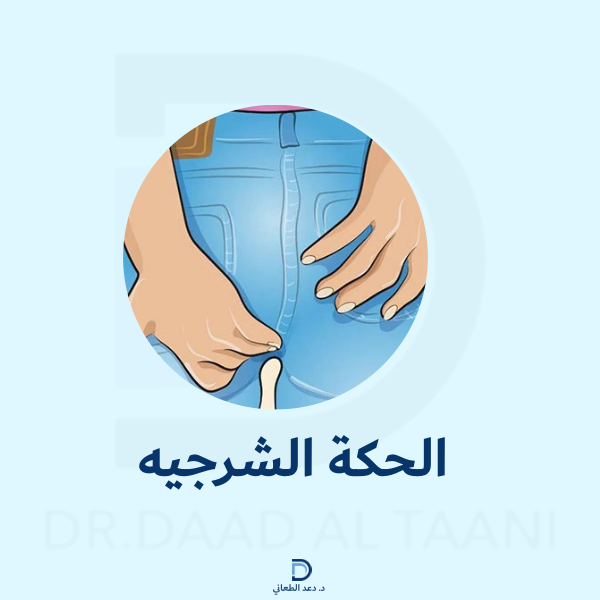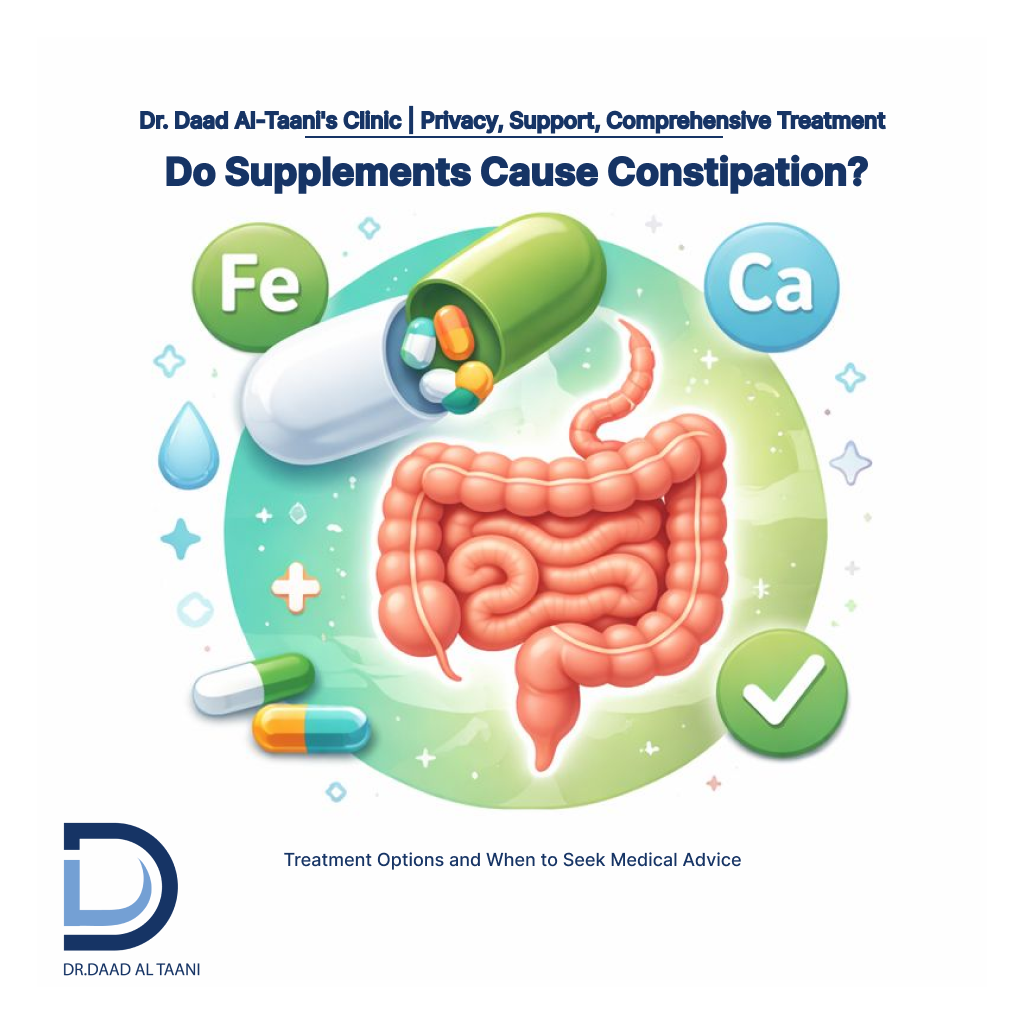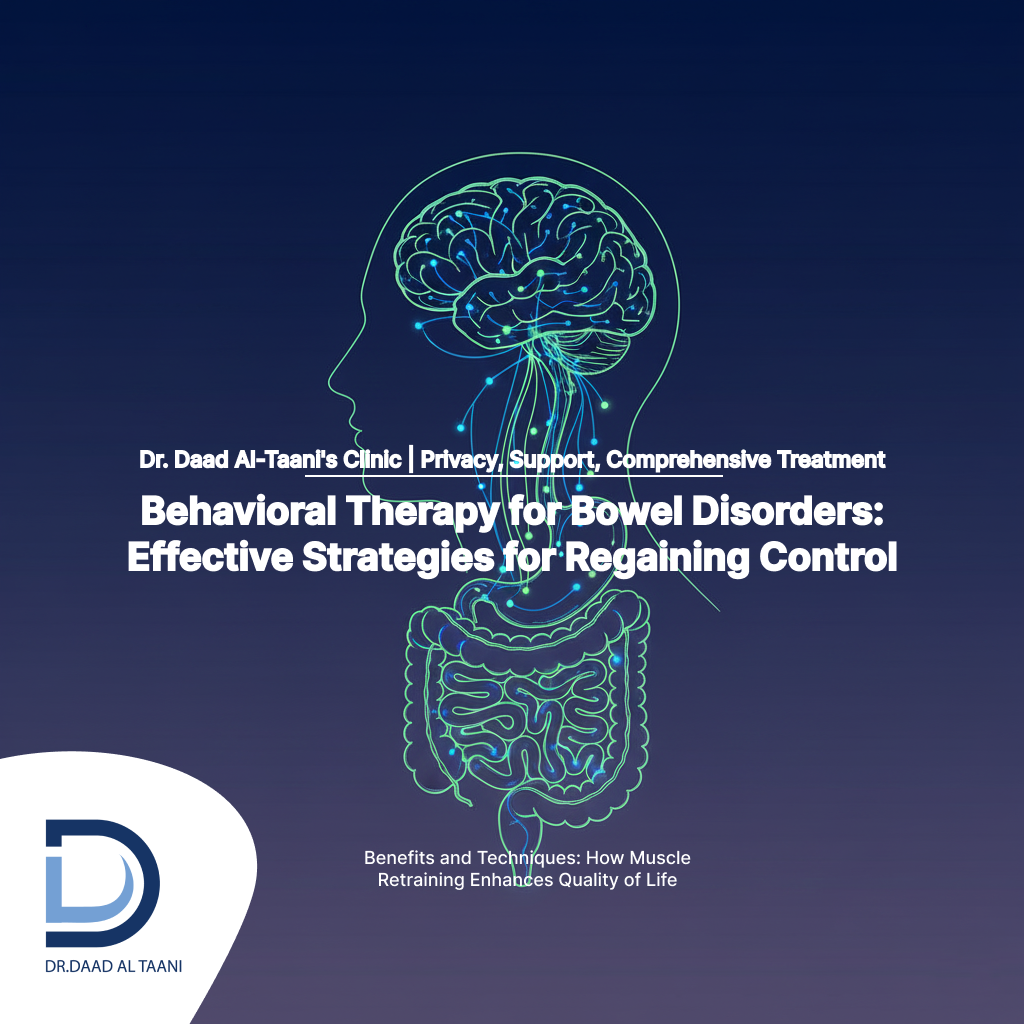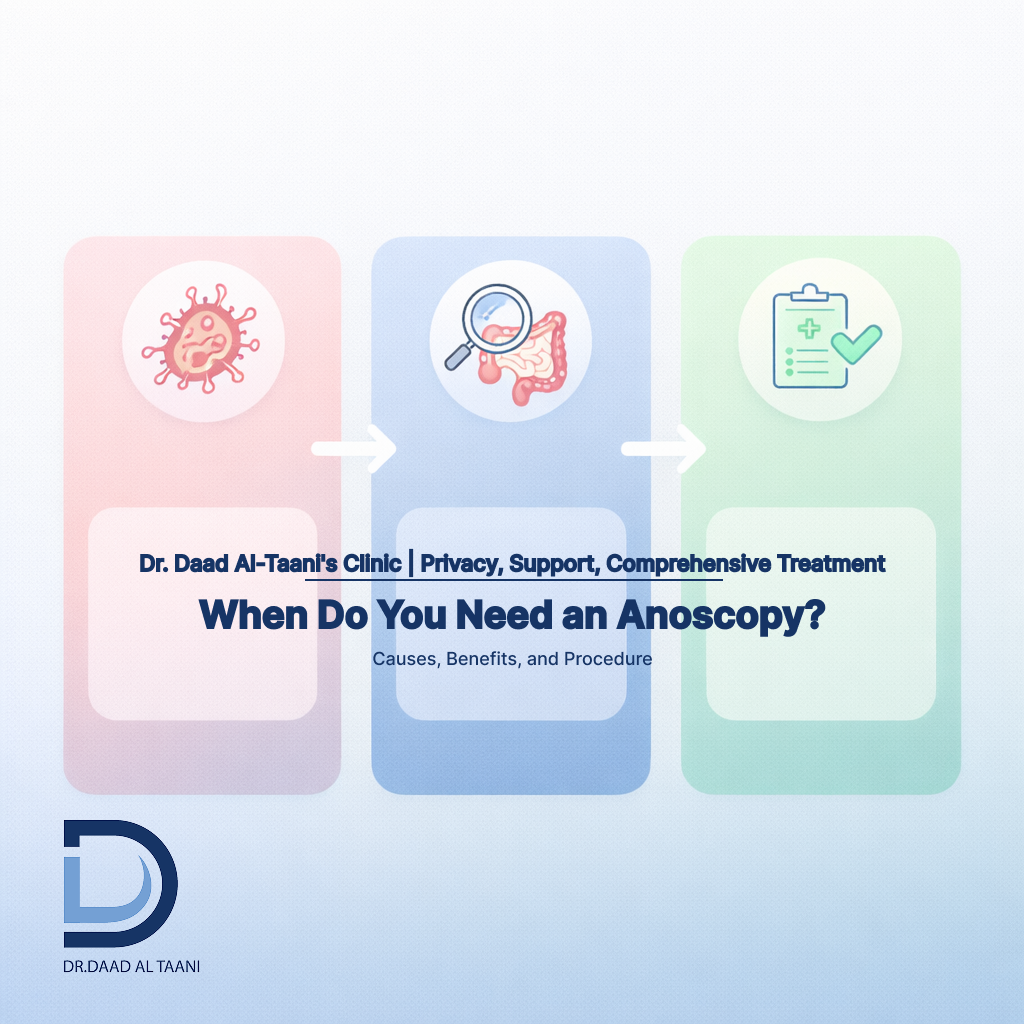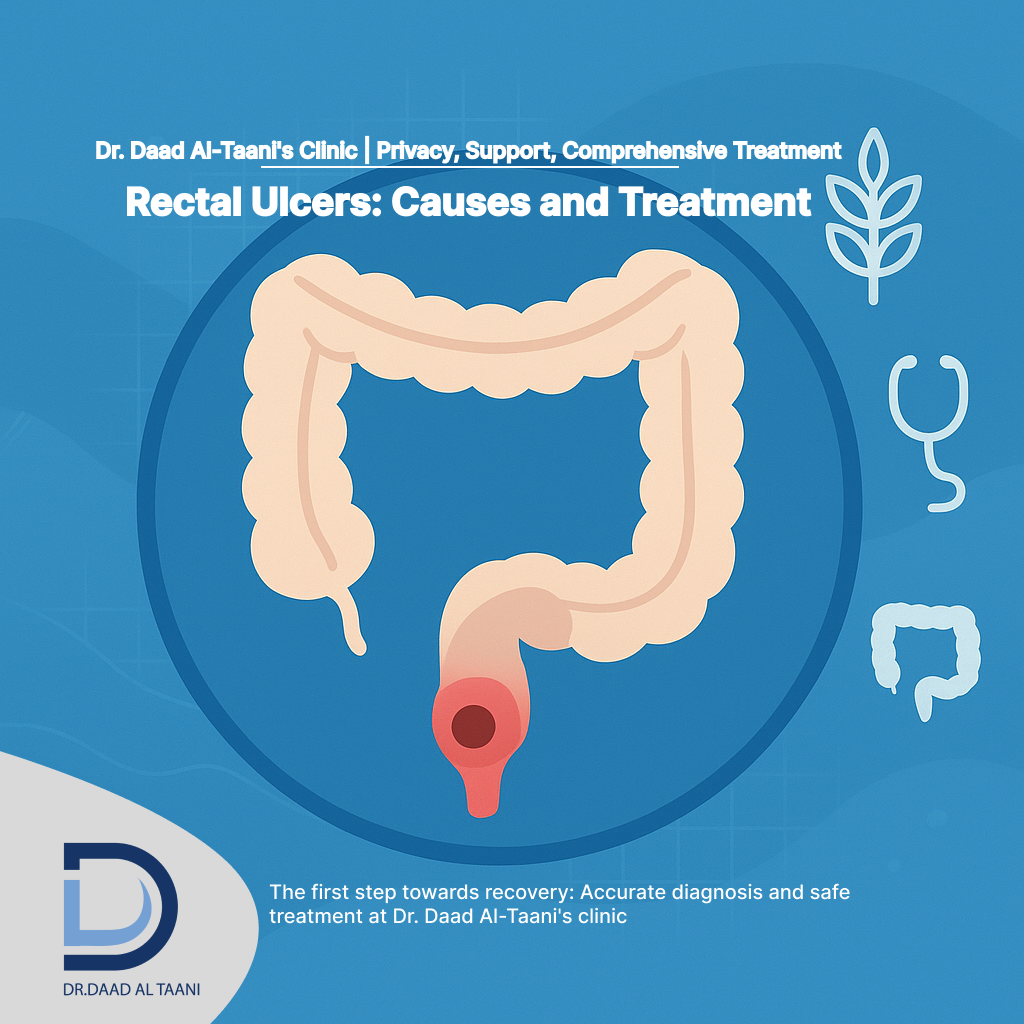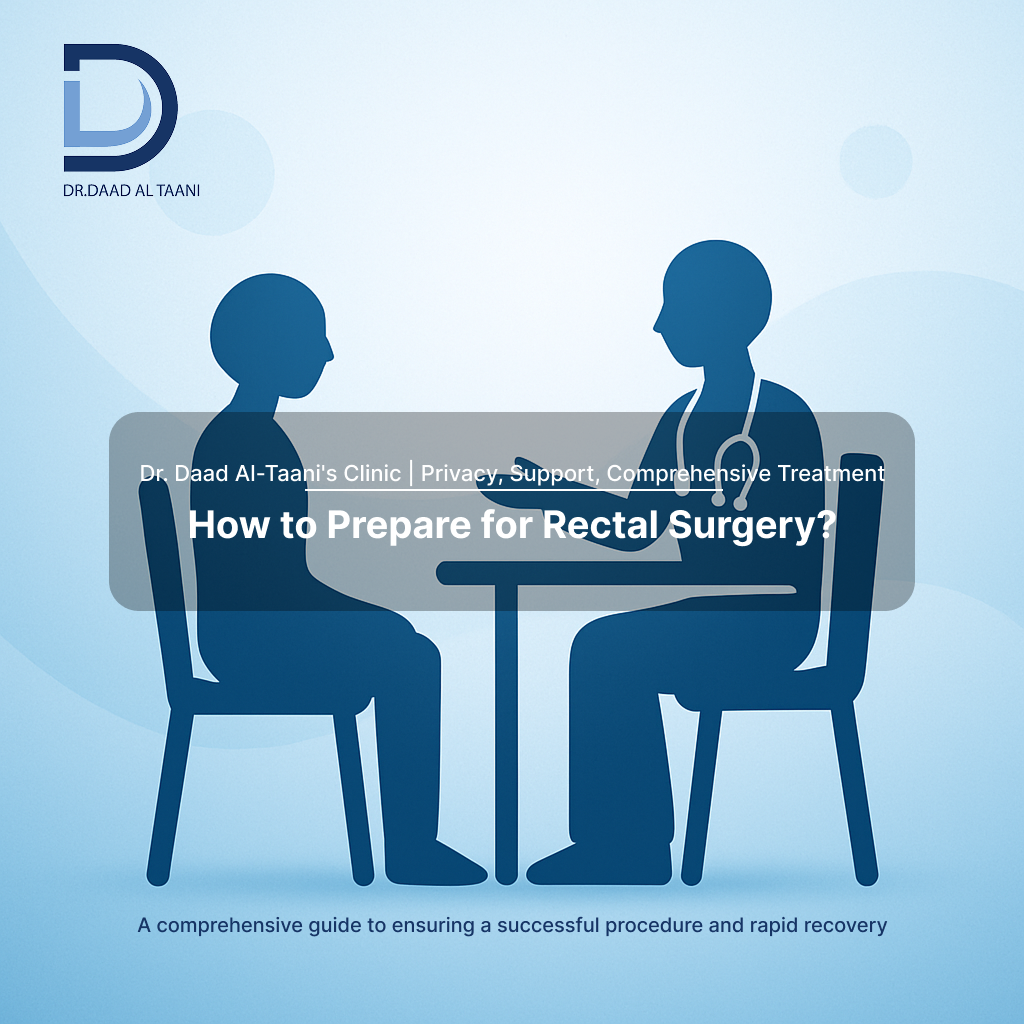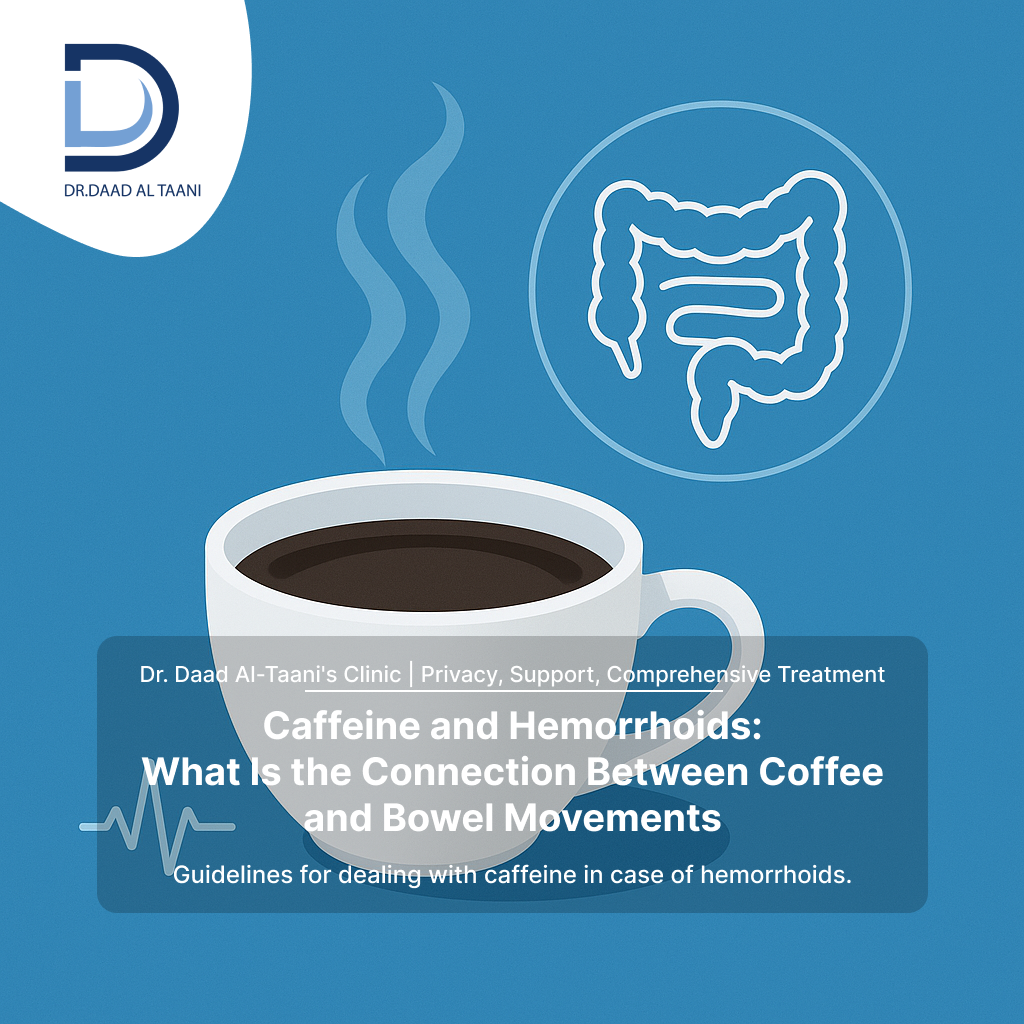Anal Itching: When Does It Require Medical Attention?
Anal itching is an uncomfortable symptom that can be both embarrassing and disruptive to daily life. While it may seem minor, it can sometimes signal an underlying condition that requires proper medical evaluation. In some cases, itching appears without an obvious cause, but it may also be linked to dermatological, infectious, or even systemic health issues.
Although many people experience this problem, few seek medical advice. Delaying diagnosis can worsen symptoms or lead to complications. It’s important to distinguish between temporary itching caused by external irritants and chronic itching that persists or recurs over time.
Understanding the condition starts with identifying the nature, duration, and context of the symptoms. General health status and personal hygiene habits also play a significant role in the appearance and persistence of anal itching. Sometimes, it results from a simple, treatable issue. Other times, it may indicate a more serious condition that requires thorough treatment.
Seeing a specialist is the first step toward effective relief. Dr. Daad Al-Taani in Dubai has extensive experience in diagnosing and treating anal itching using precise tools and tailored treatment plans. She offers clear guidance to help patients overcome this sensitive issue with complete comfort and privacy throughout their care.
If you’re experiencing persistent or recurring anal discomfort, don’t ignore it. Early intervention can help identify the root cause and provide appropriate treatment before the condition worsens.
To watch the latest exclusive interviews with Dr. Daad Al-Taani, visit our YouTube channel.

